Gallery with alias: PUBLIC_HISTORY_BLOG_POSTS not found
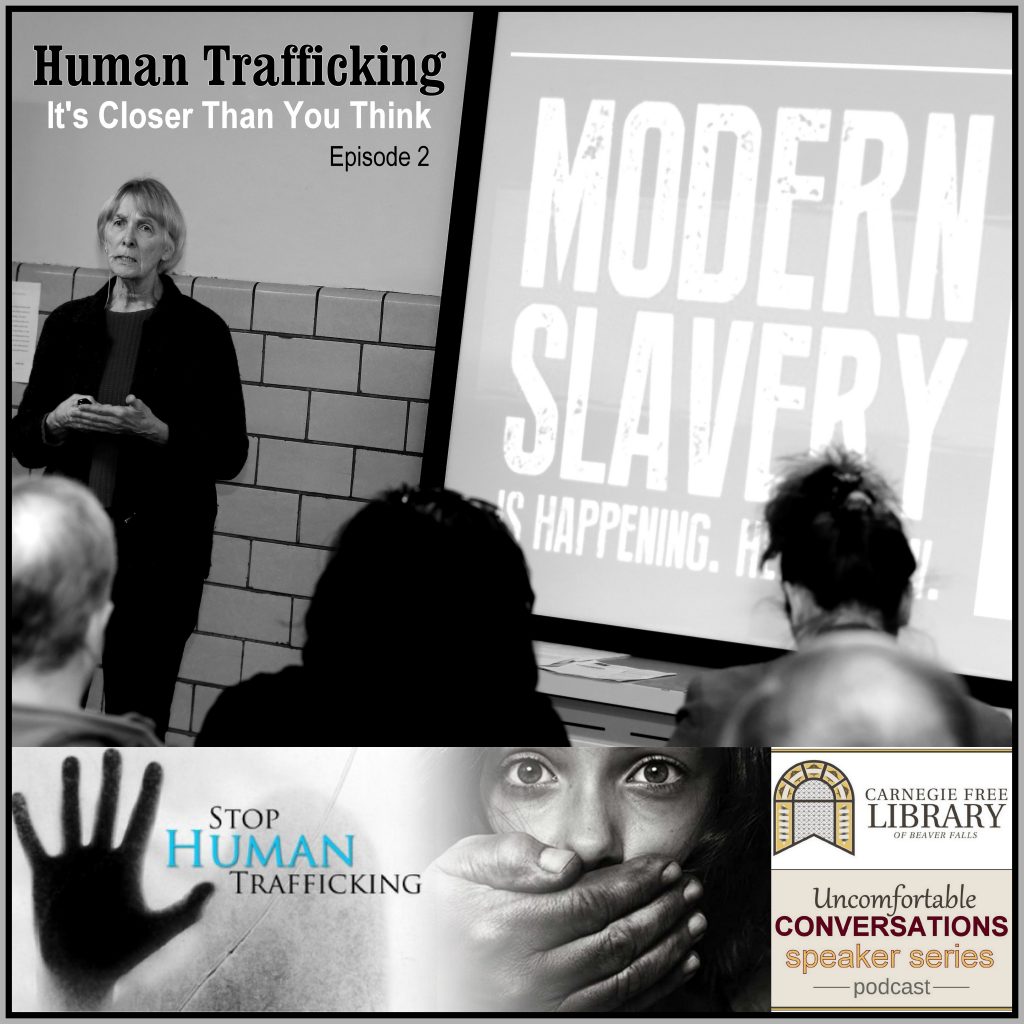
It is during our darkest moments that we must focus to see the light. ~Aristotle
The recent high-profile arrest of New England Patriots owner Bob Kraft for soliciting prostitution raises awareness of an issue resonating in cities and towns across America—human trafficking.
“This is not about lonely old men and victimless crimes,” said Florida State Attorney Dave Aronberg, “This is about forcing women into our country for forced labor and sex.” This is an issue touching upon modern-day slavery.
In the United States, the most common form of human trafficking involves the commercial sex industry and occurs in online escort services, residential brothels, brothels disguised as massage businesses or spas, and in street prostitution. ~Covenant House, Homeless Youth Shelter
IT’S A LOCAL PROBLEM
Human rights organizations and law enforcement agencies declare human trafficking to be pervasive, with an estimated 27 million victims throughout the world. And many are surprised to learn that human traffickers operate in small towns and communities throughout America, silently but often in plain sight.
For example, local human services and law enforcement agencies report that human trafficking of various types exists throughout Beaver County, Pennsylvania, an economically depressed area comprising part of the Greater Pittsburgh region. Yet, most residents are unaware of the issue.
In fact, human trafficking is so pervasive and serious that concerned citizens created the Beaver County Anti Trafficking Coalition, a public awareness resource whose mission is to work toward the prevention and eradication of human trafficking in the county.
To assist the Coalition and to begin a dialogue around this incredibly important social issue, the Carnegie Free Library of Beaver Falls hosted a public forum on human trafficking in 2018. The Social Voice Project was on hand to record the event as an episode of the library’s innovative “Uncomfortable Conversations” podcast—a public interest digital media project designed to “initiate conversations about topics that can affect our children, our families, our friends, and our communities.”
LOCAL HISTORY PODCASTING
One of the goals of recording the public event for the podcast was to create a historical record of the moment—a sociological sampling in time of community voices. It’s the kind of rich, first-hand, primary source material that historians seek and highly value.
Historians may delight, but not everyone appreciated the effort. “This paints our city [of Beaver Falls] in a bad light,” complained one observer. Another said, “We’re trying hard to clean up our towns, and all this talk about crime only makes us look bad.” Someone else appreciated the public forum and informative presentations, but dismissed the idea of recording the discussion and posting it to the internet. “Sure, human trafficking and these sex crimes are a problem in the county, but people will get the wrong impression about our communities. People are safe here.”
But the Beaver County Anti Trafficking Coalition would disagree: no one is safe where human trafficking and forced sex slavery exists. To pretend otherwise is foolish. To silent the voices and stories that bear witness to this horrific phenomenon is, in our view, unconscionable.
As public historians, to silence the historical record on this matter is unethical and a disservice to history. Our mission is to document, preserve, and share history—including the uncomfortable issues, voices, and stories of our time. Future generations will condemn us for our silence.
LISTEN TO THE PODCAST
Human Trafficking | It’s Closer Than You Think
ABOUT THIS EPISODE
On episode 2 of the Uncomfortable Conversations Speaker Series Podcast, Jean Barsotti leads an informative interactive panel discussion about human trafficking in Beaver County, featuring Brenda Lutz (Shared Hope), Sister Jeanette Bussen (Beaver County Human Trafficking Coalition), Anthony Berosh (District Attorney, ret.), Ann Lewis (A Child’s Place), Andrea Cotton-Anderson (Standing in the Gap), and Bonnie Sedlacek (detective).
PUBLIC HISTORY MATTERS
At The Social Voice Project, we celebrate history and people through our community oral history projects that give us a chance to look, listen, and record the voices and stories of our time. We encourage all local historical societies and museums to capture, preserve, and share their communities’ lived experiences, memories, customs, and values. Future generations are depending on it.
Contact TSVP to learn more about our commitment to public history and community oral history projects.
MORE ESSAYS & THOUGHTS ON PUBLIC HISTORY
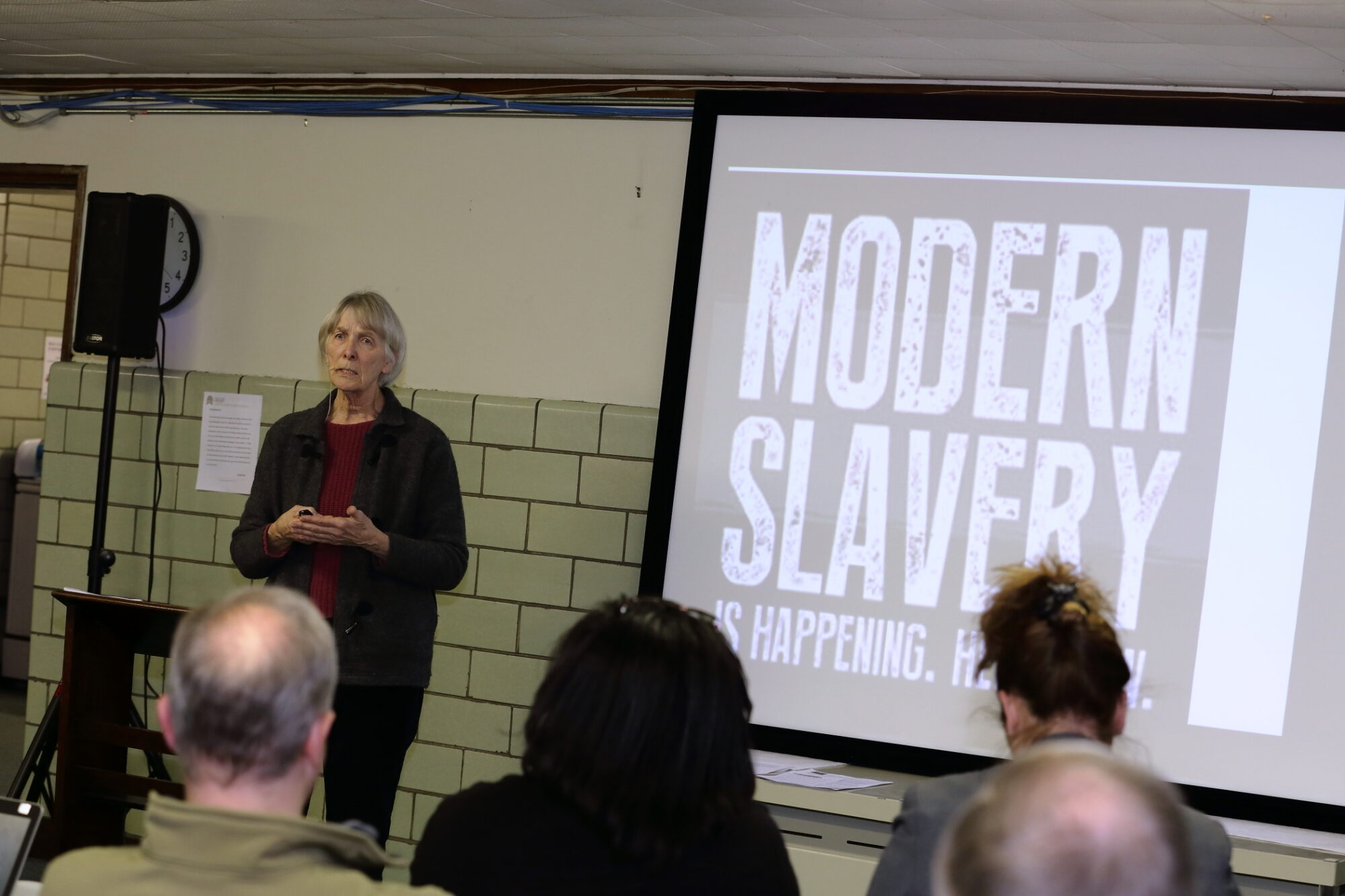
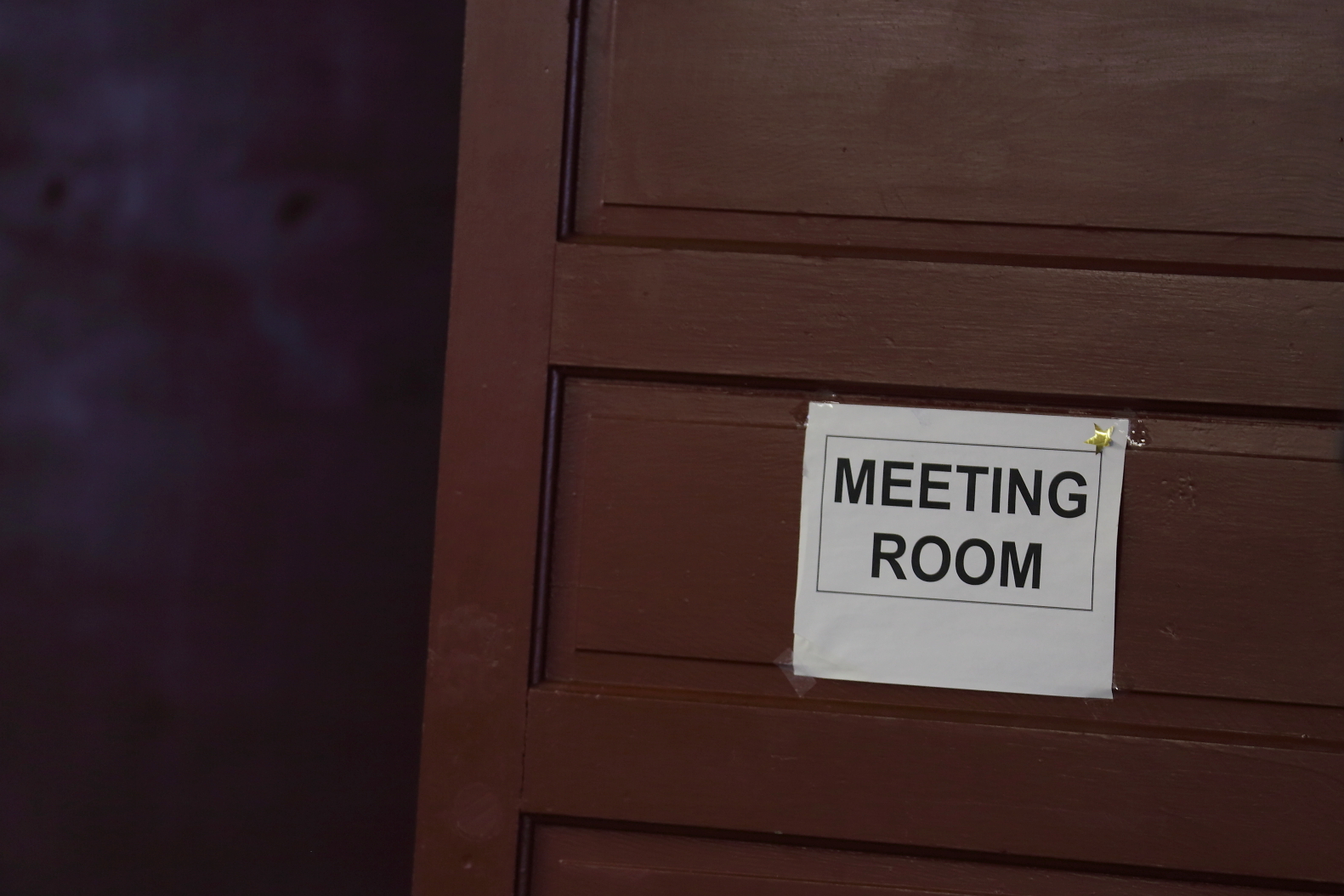
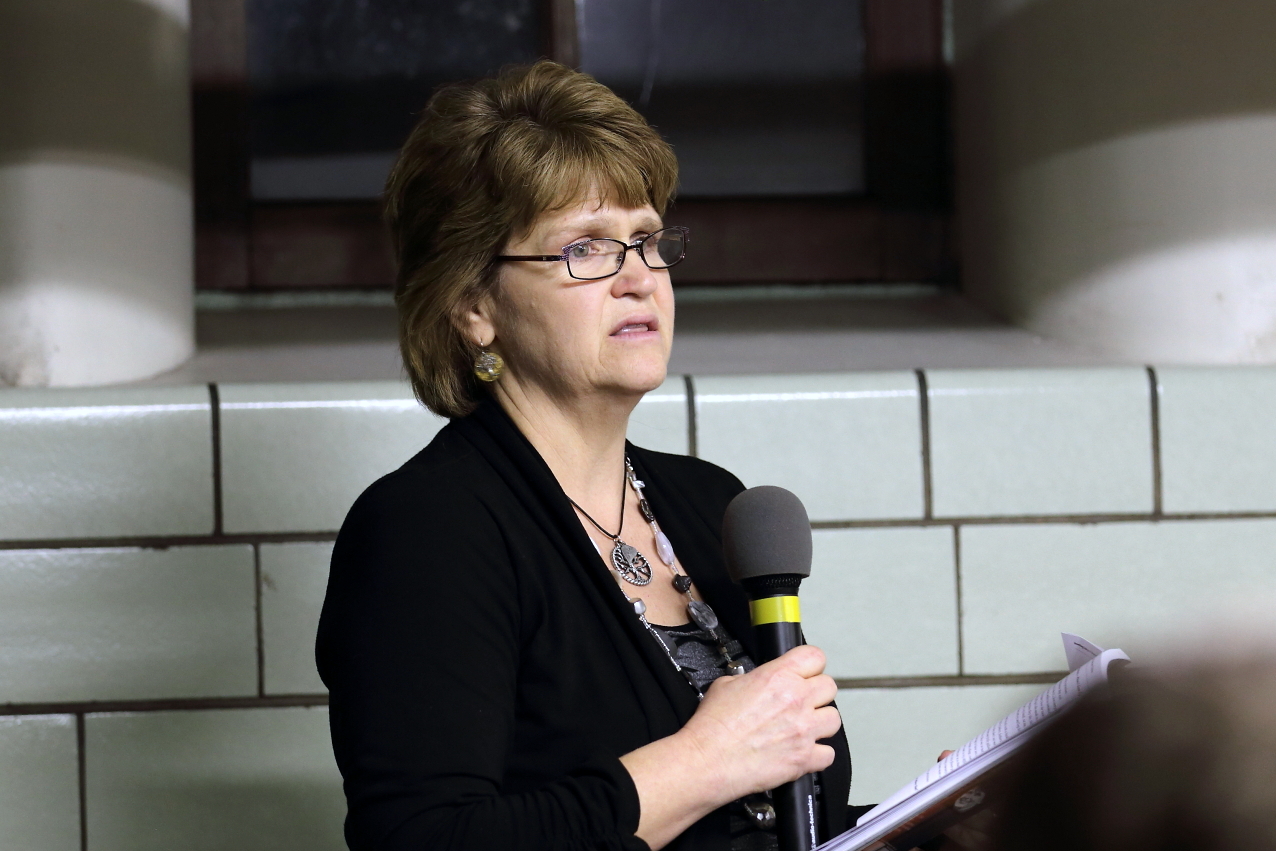
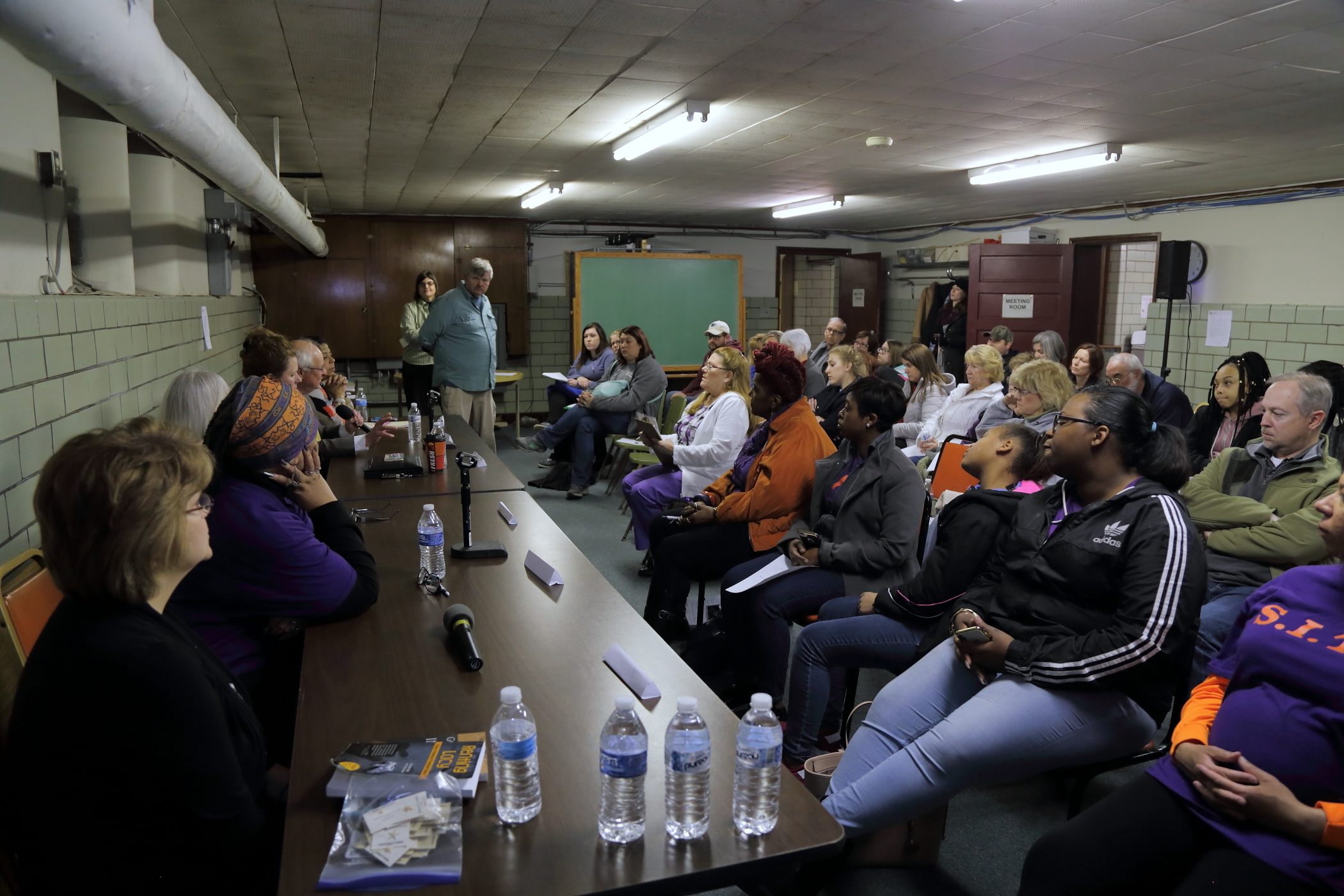
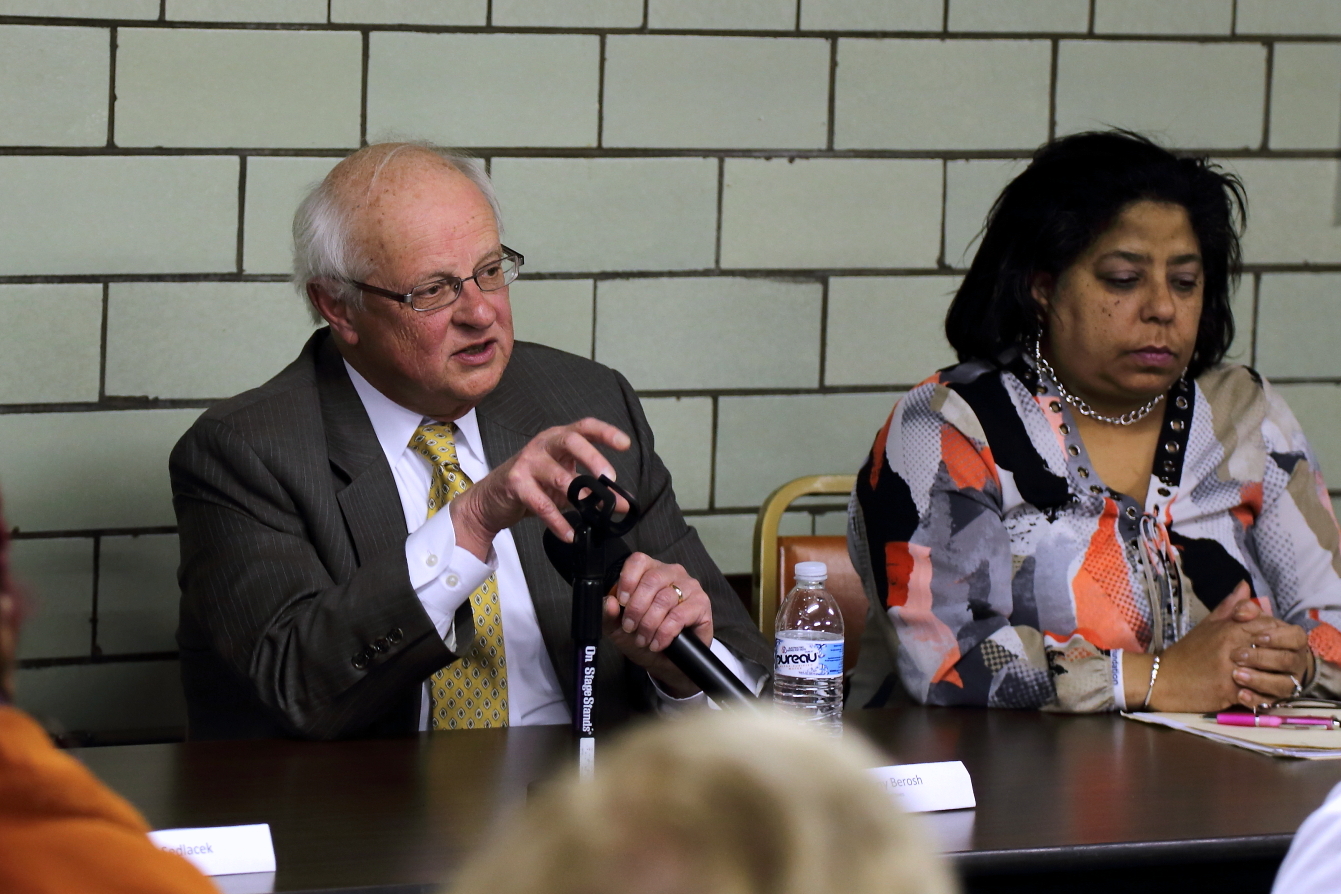
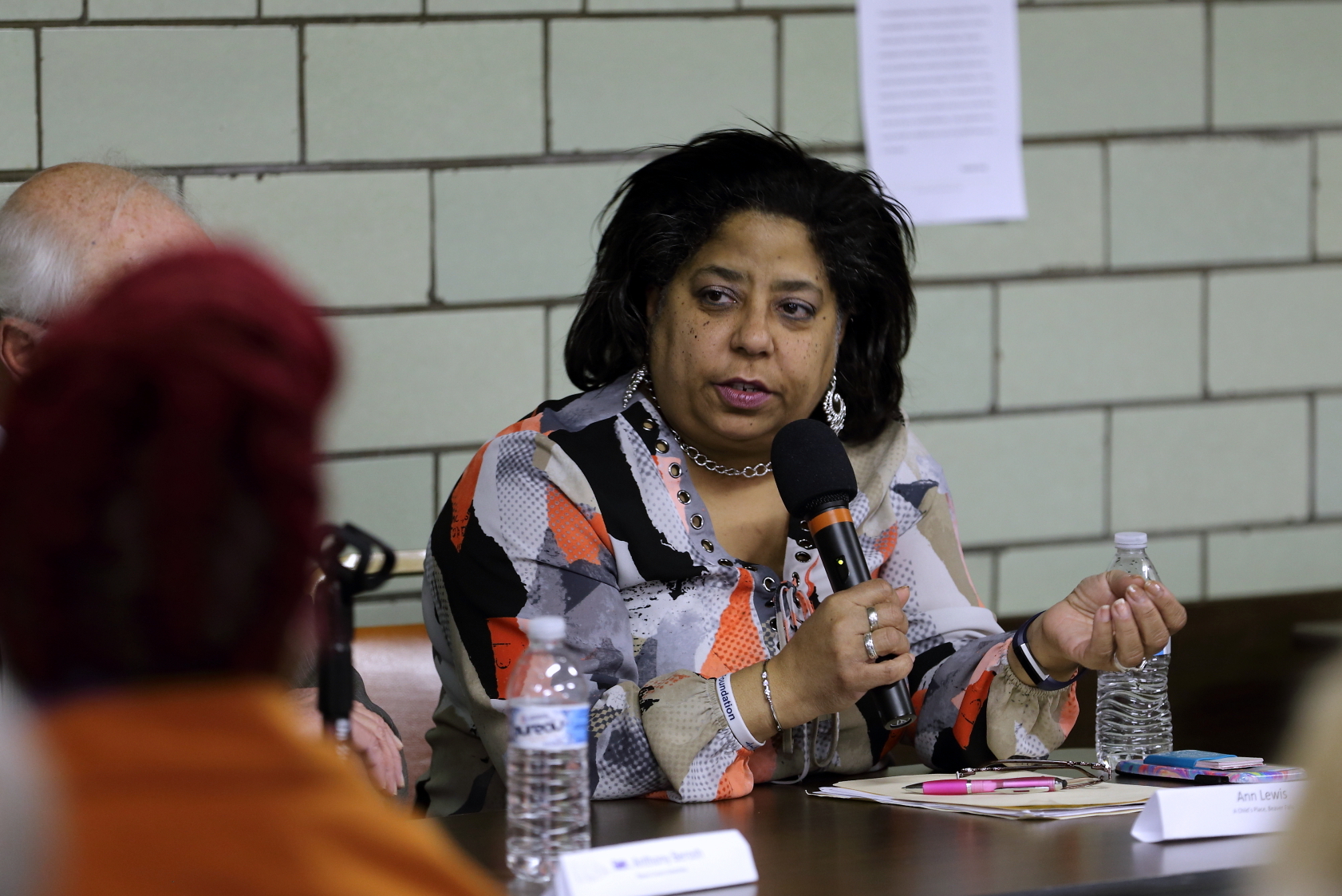
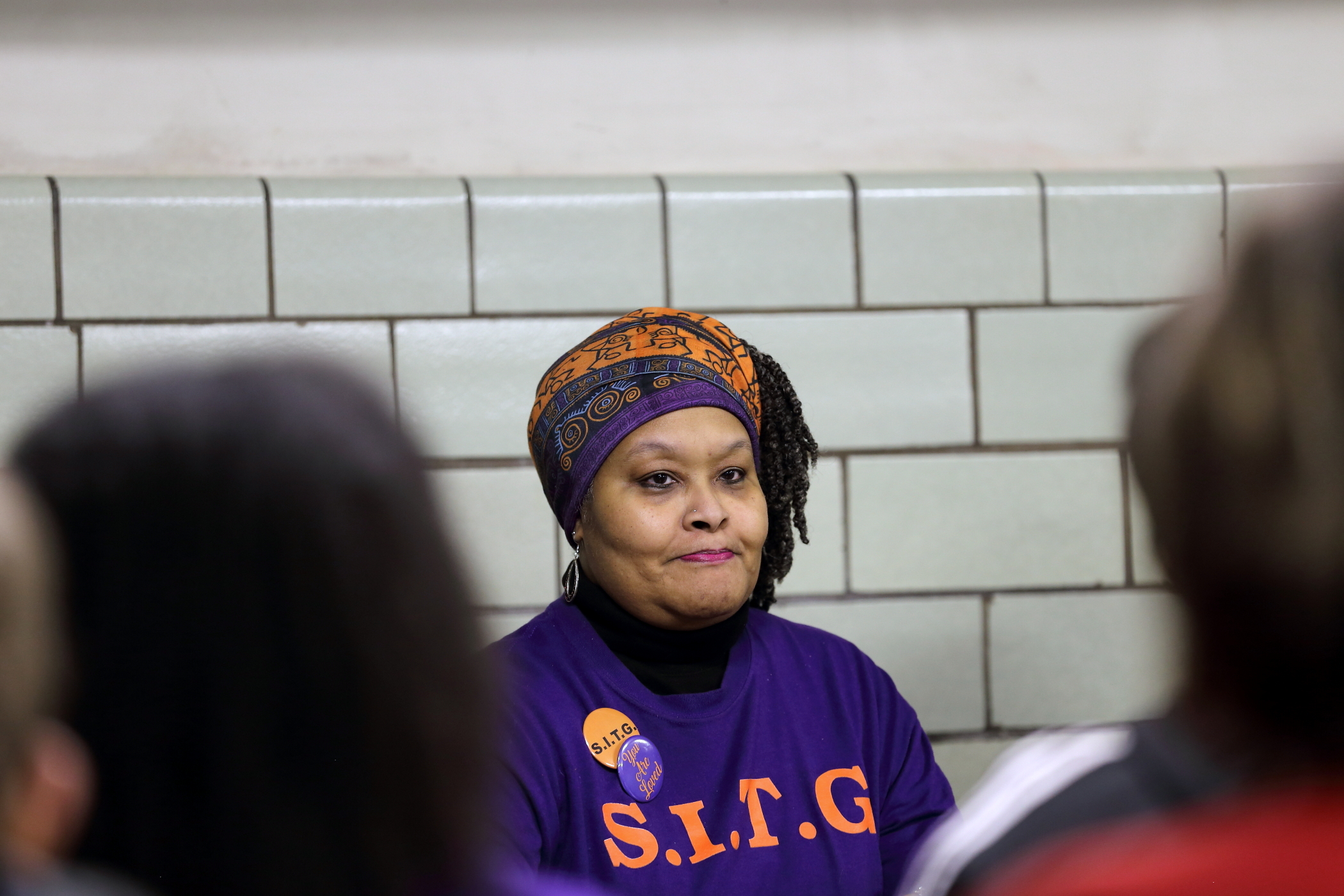
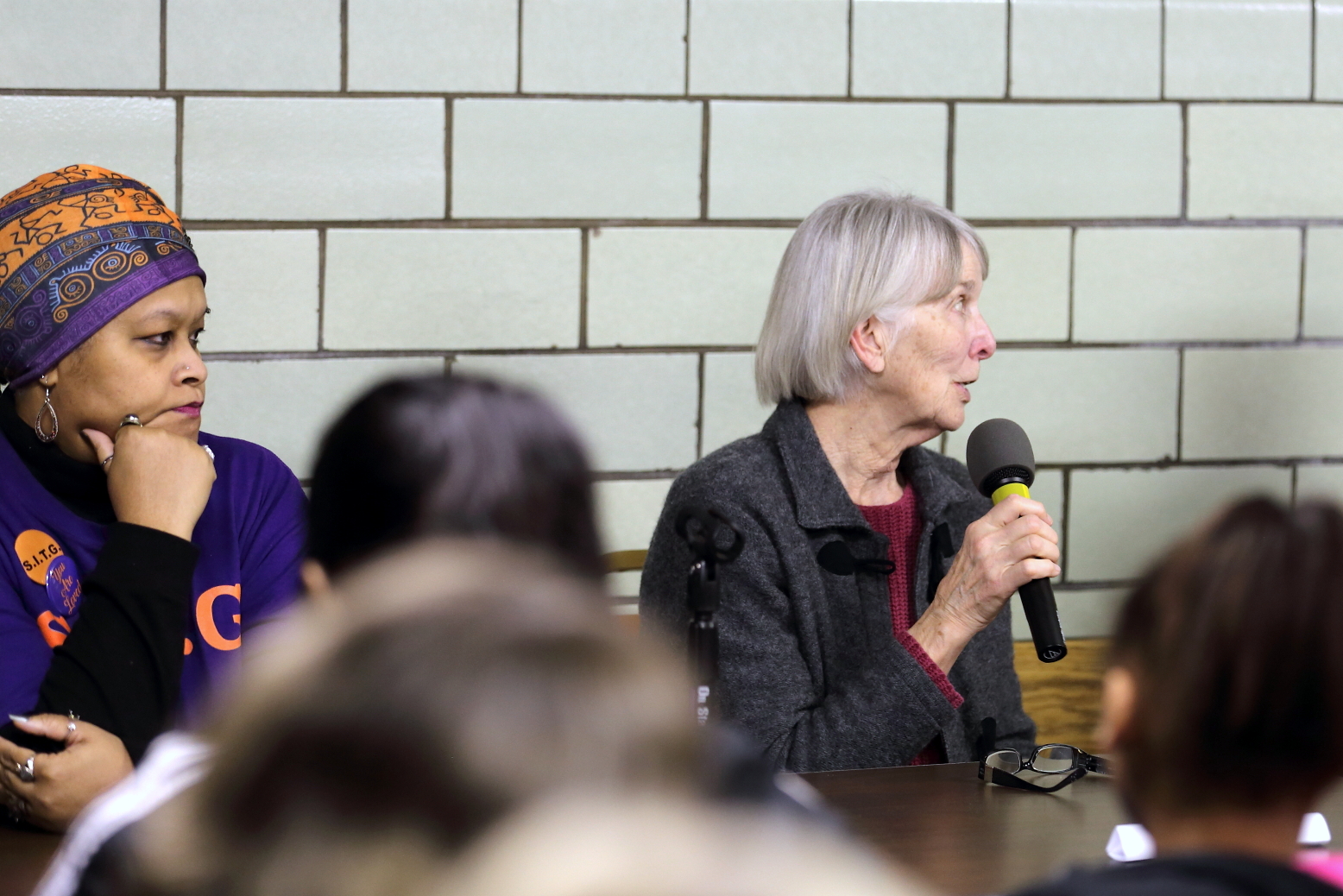
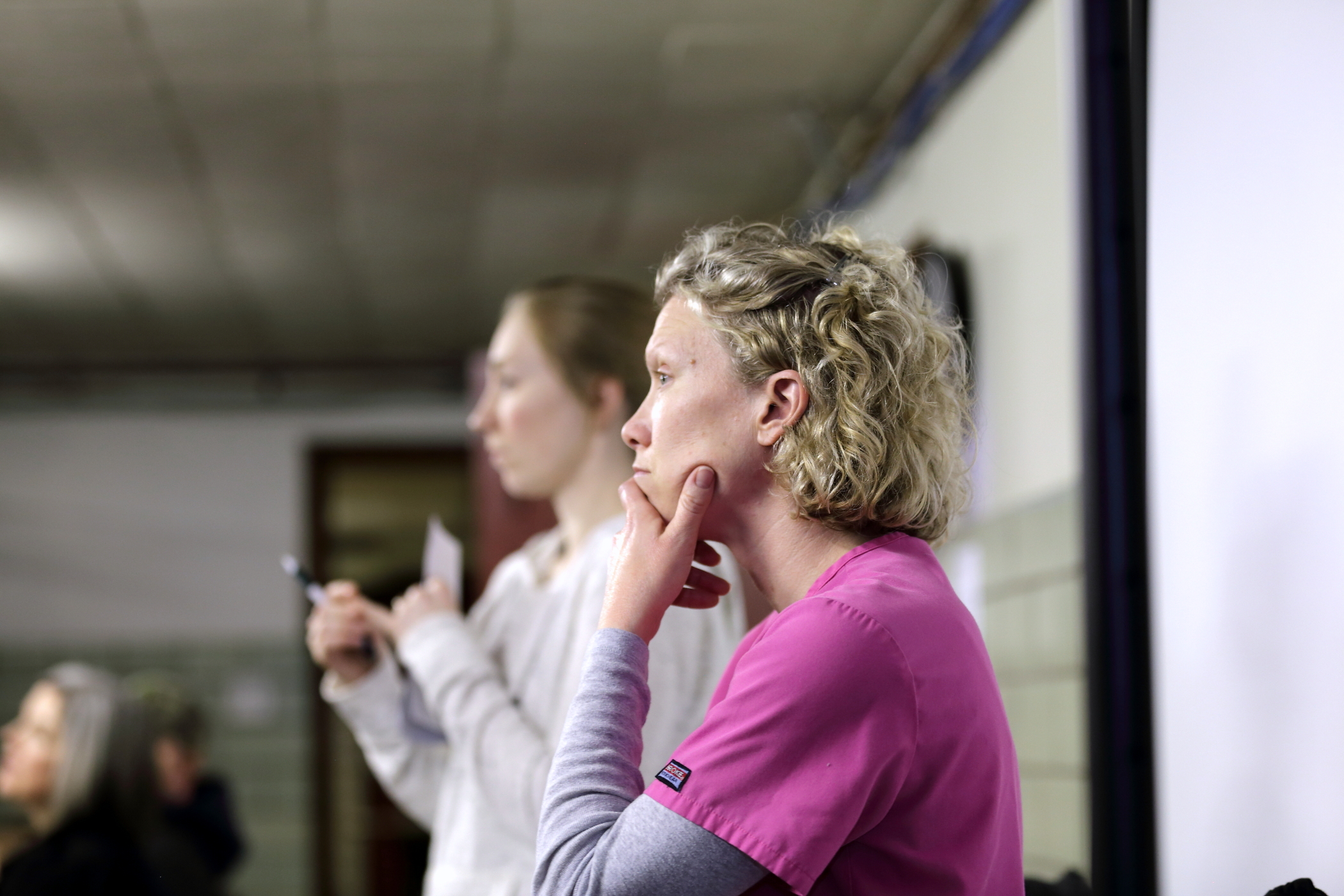
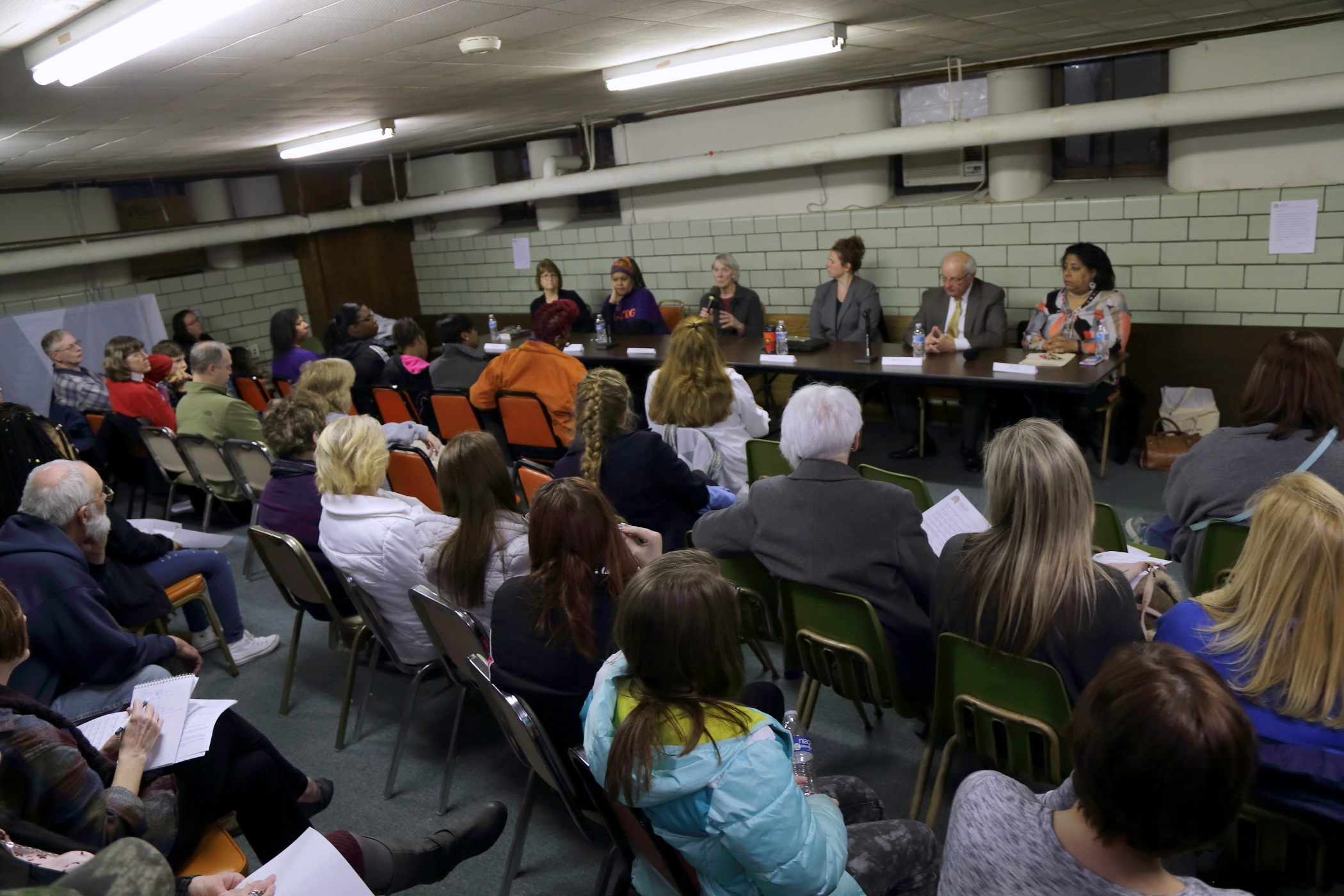
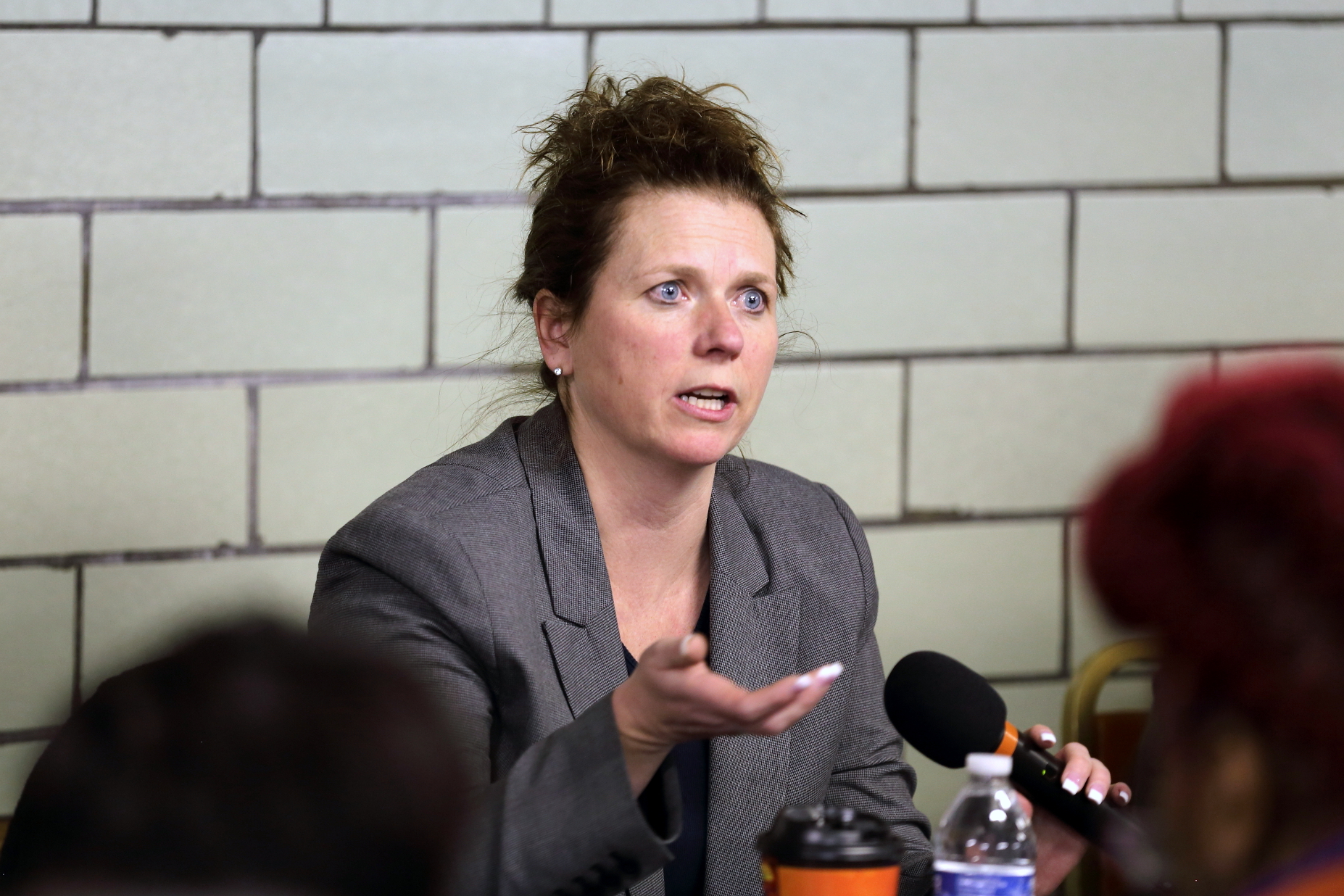
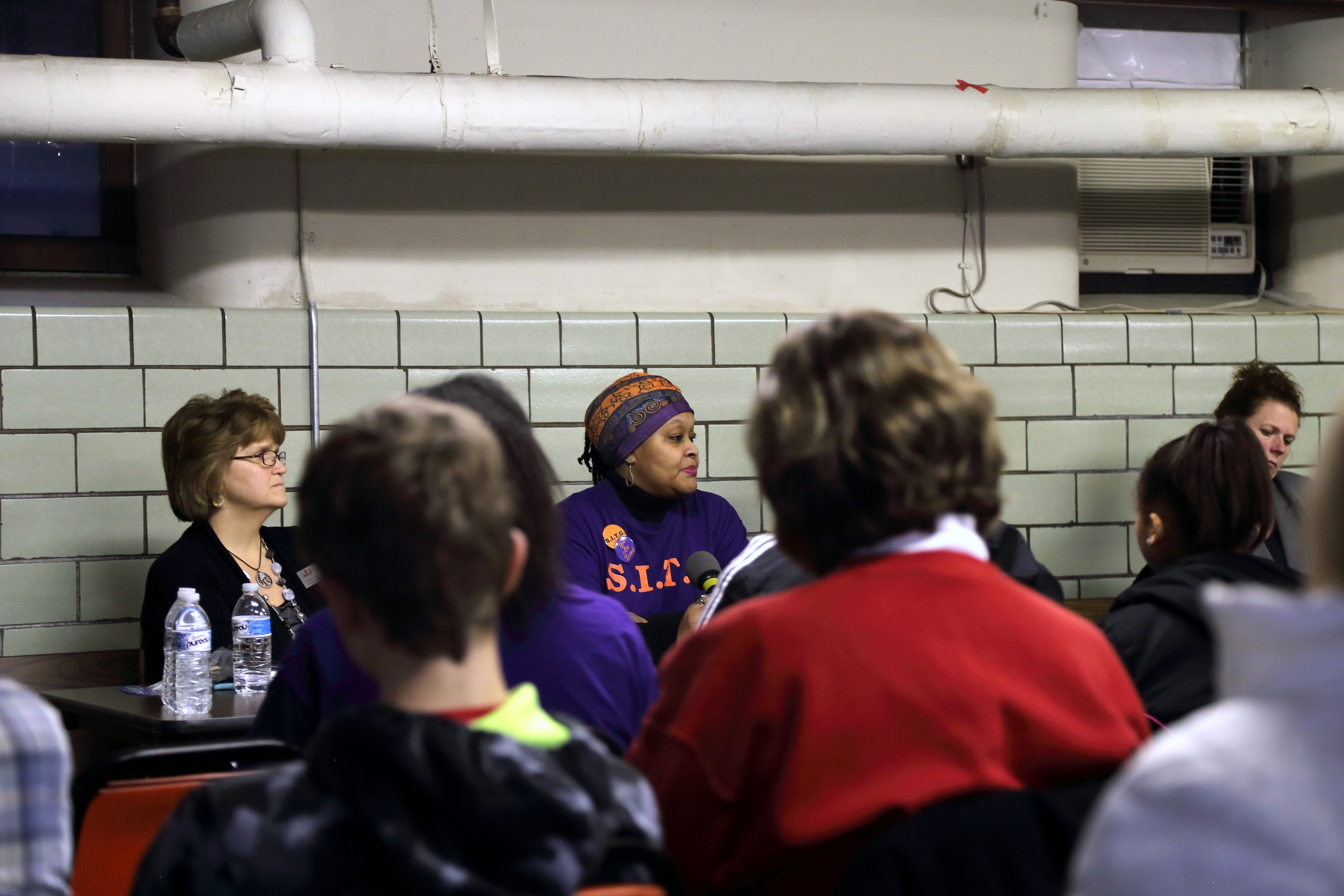
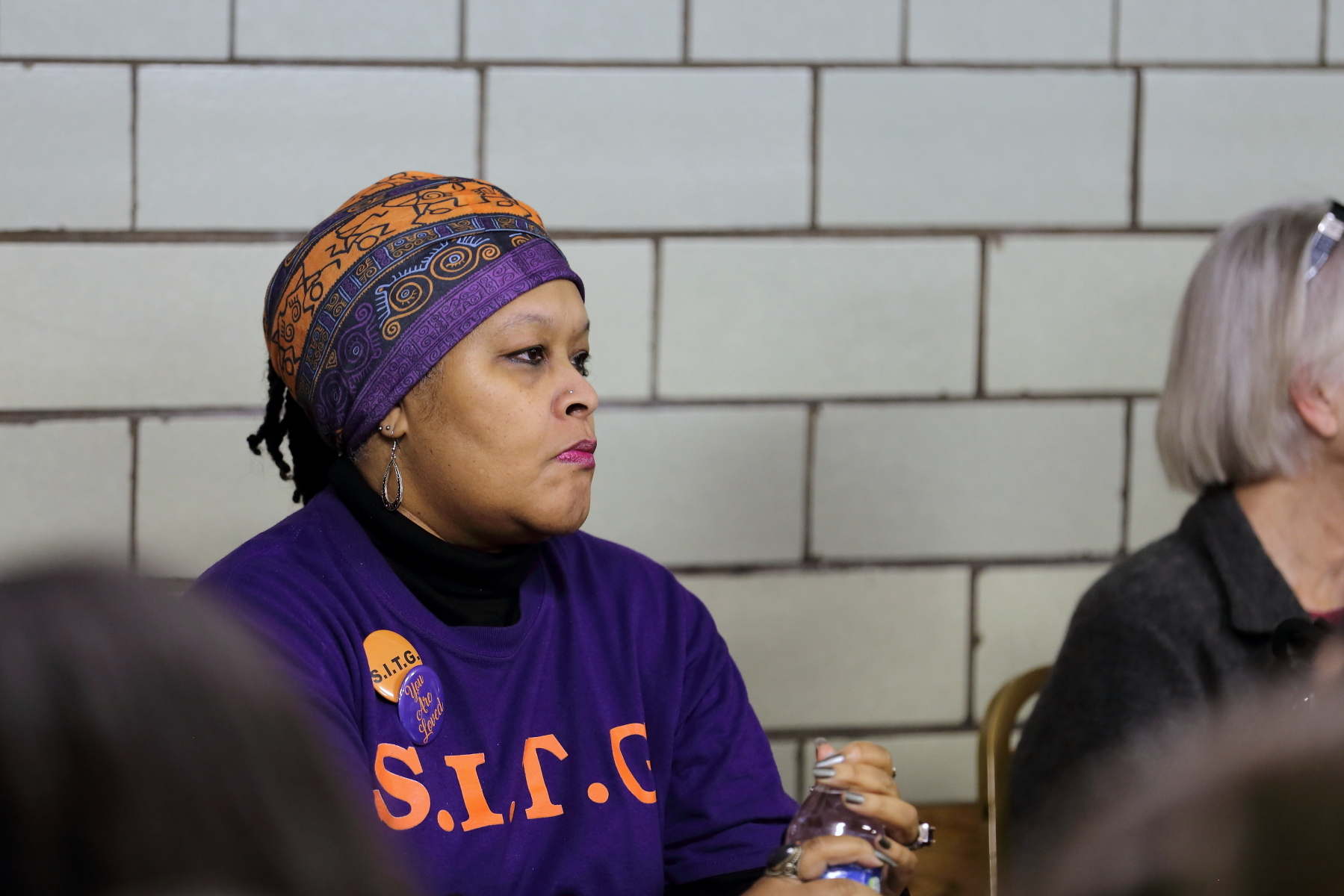
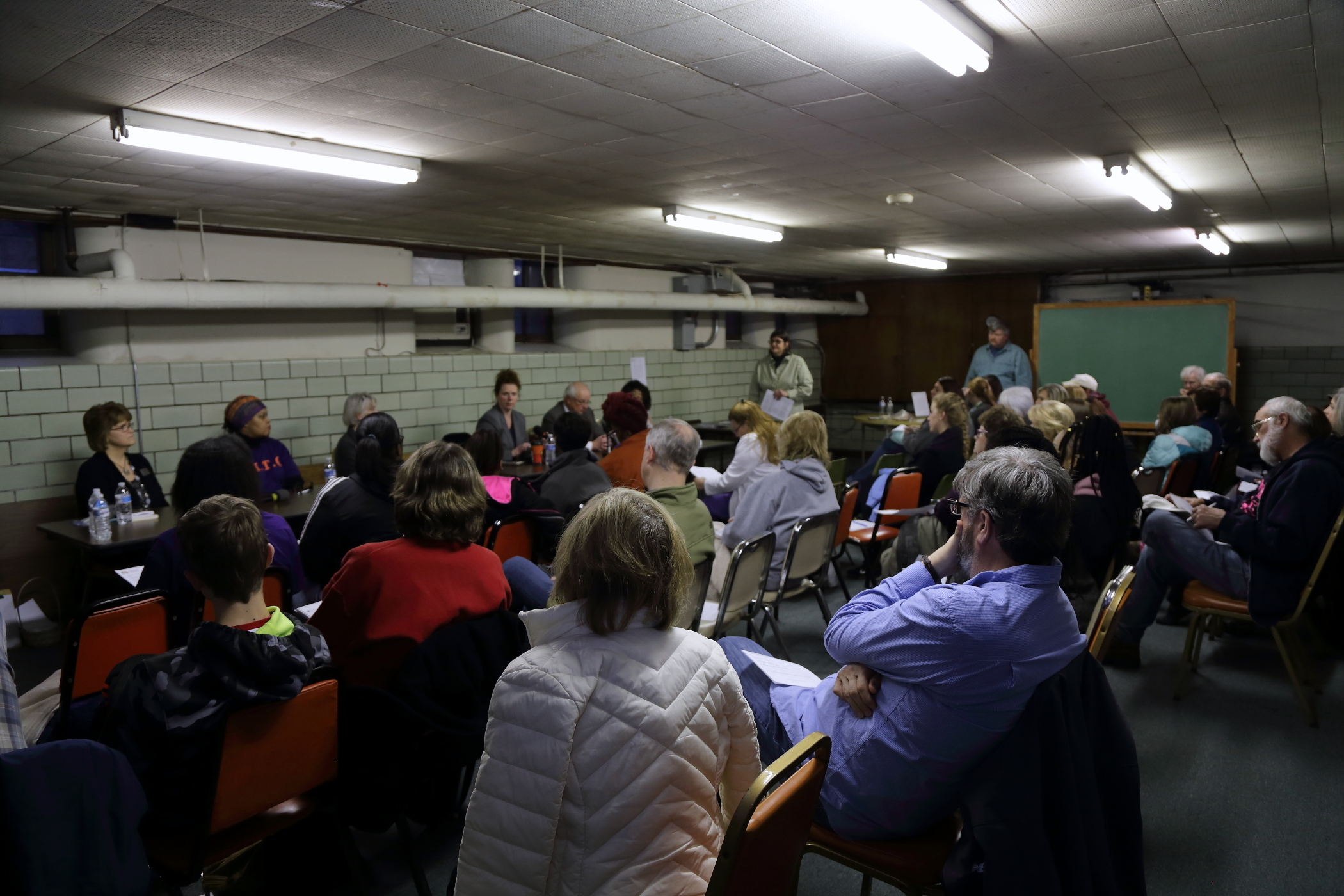
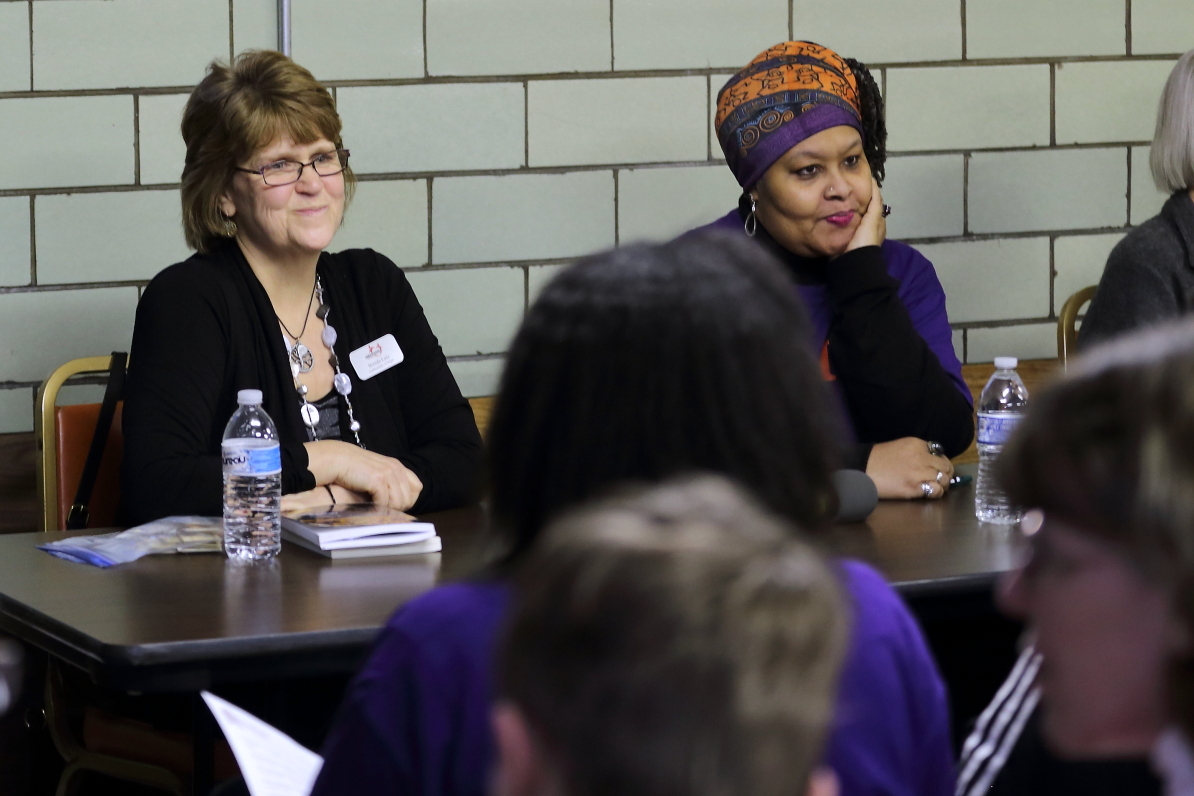
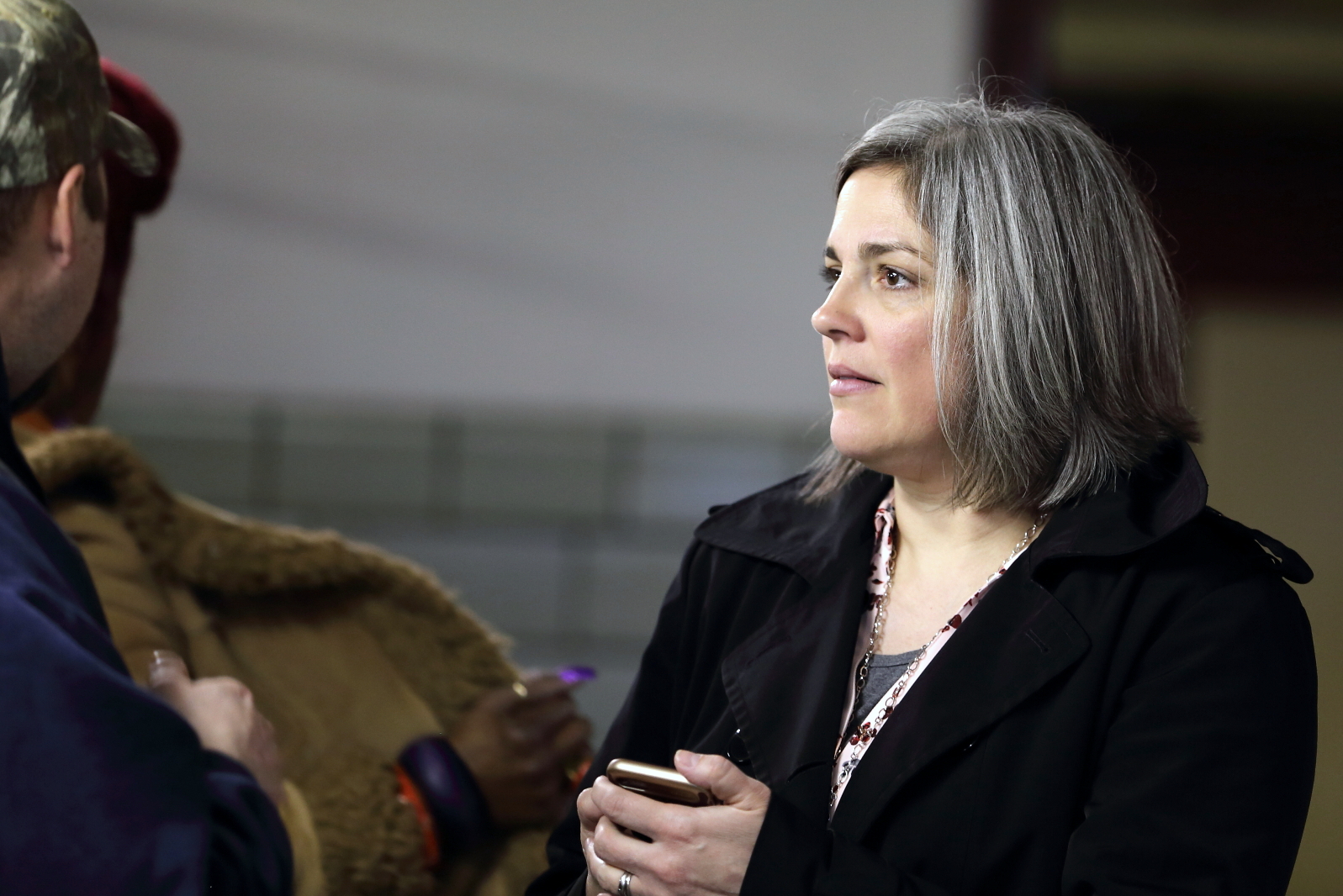
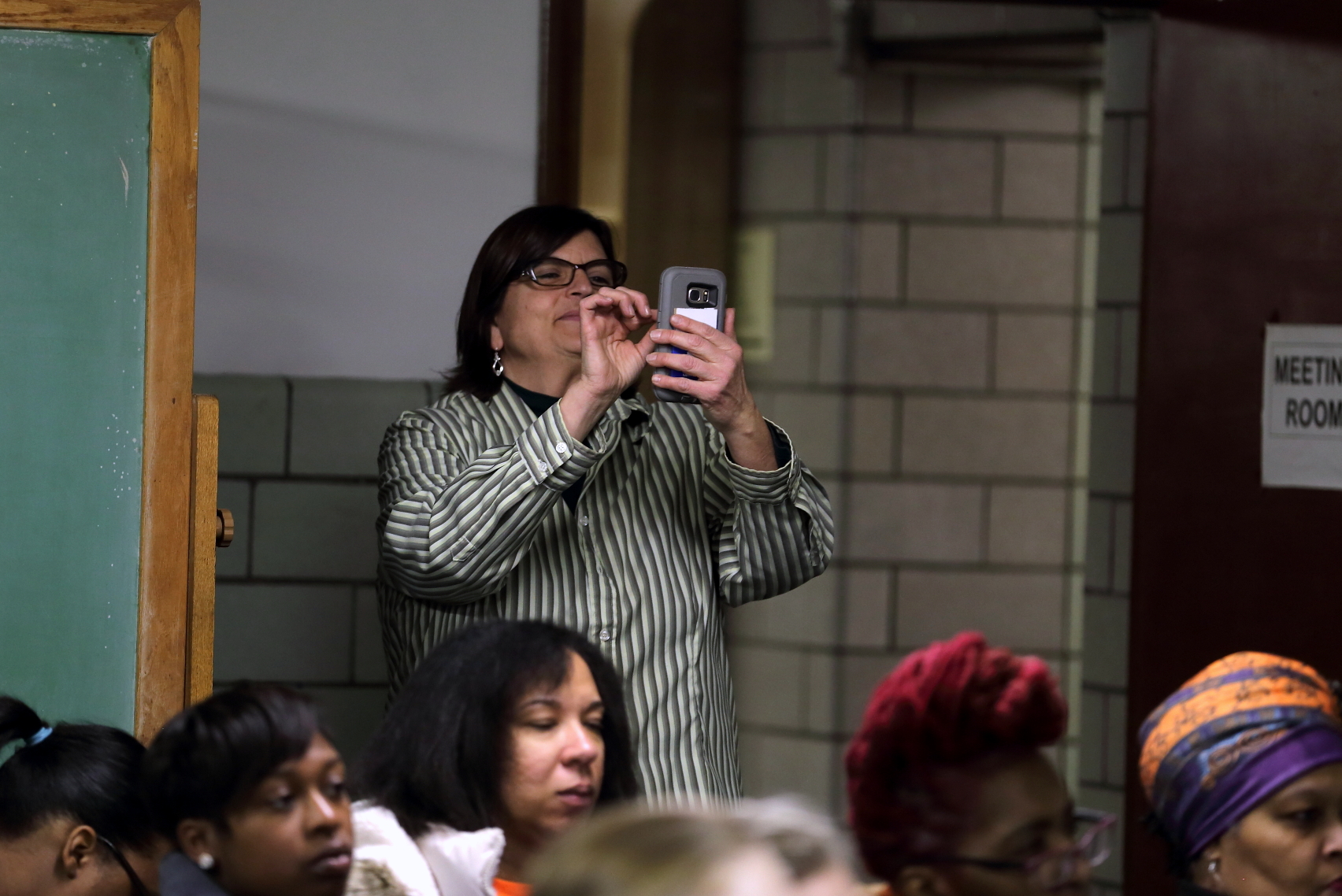
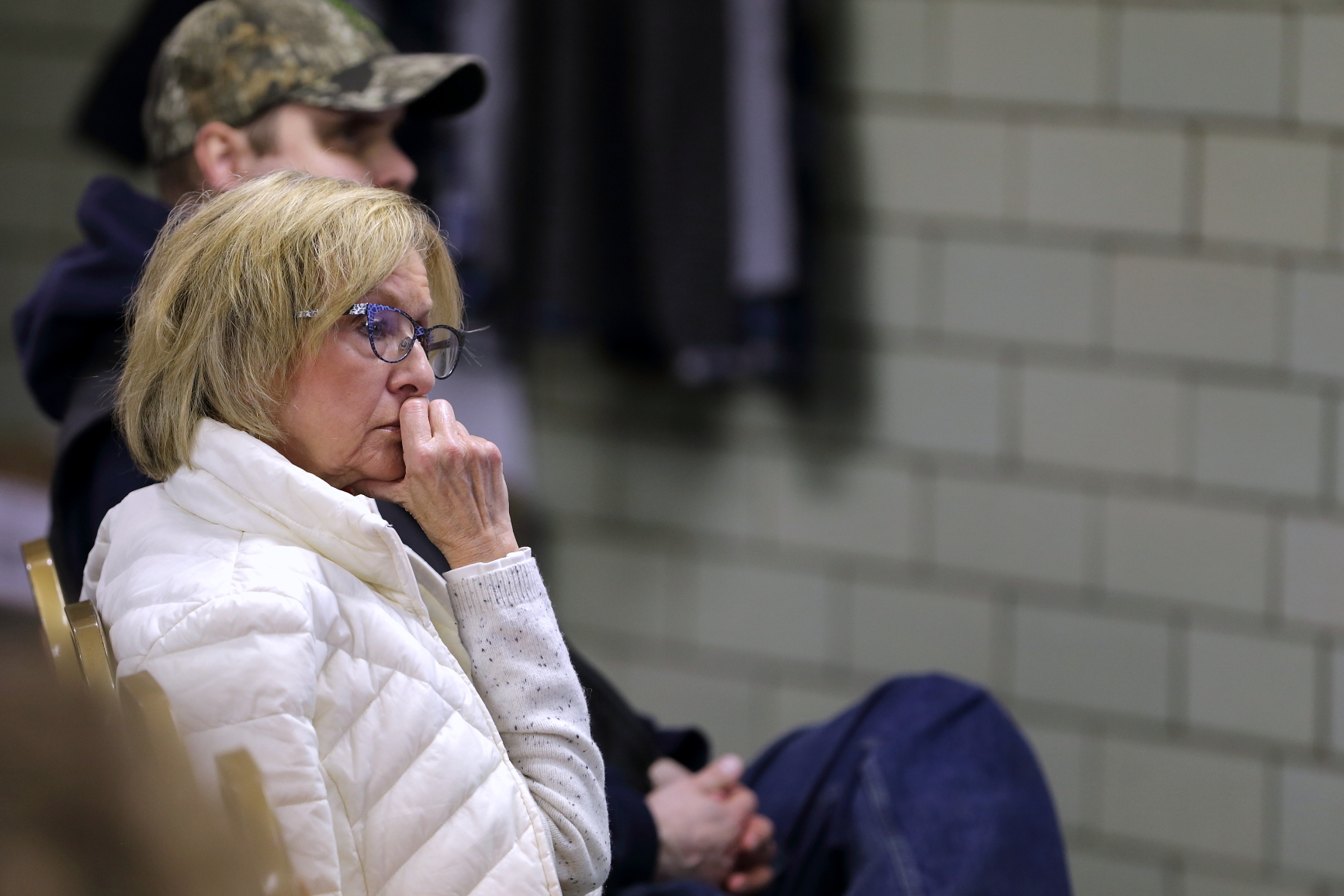
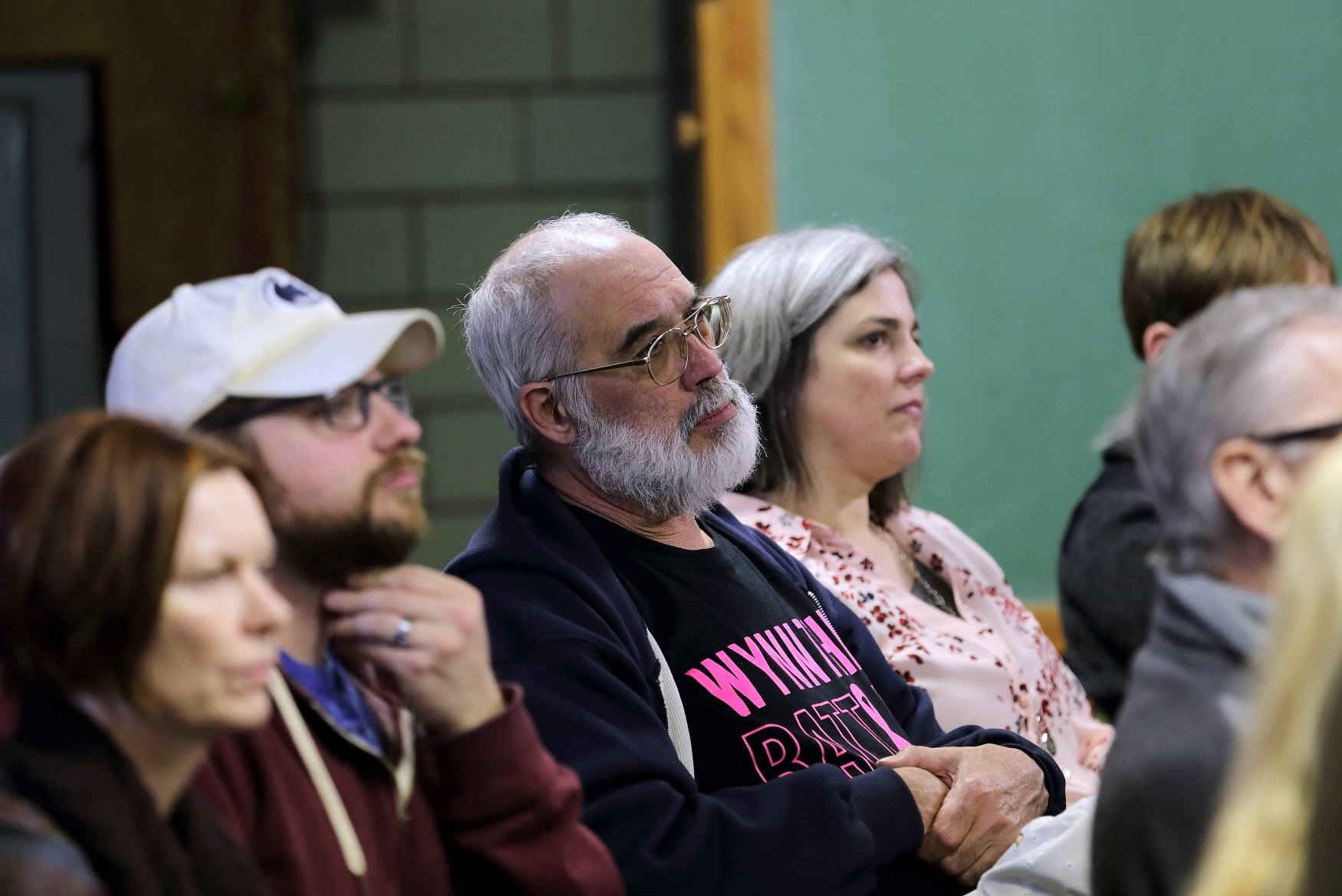
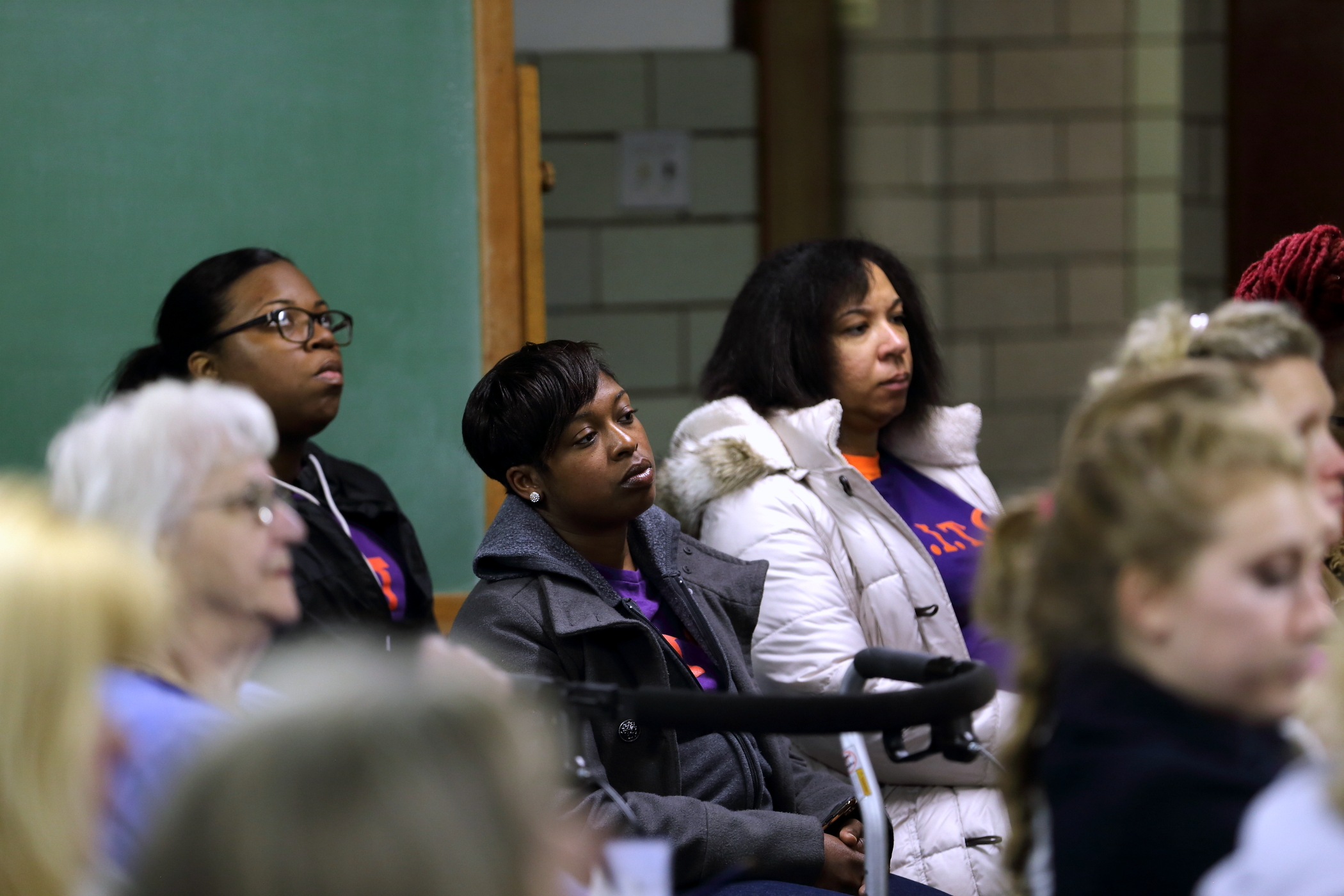
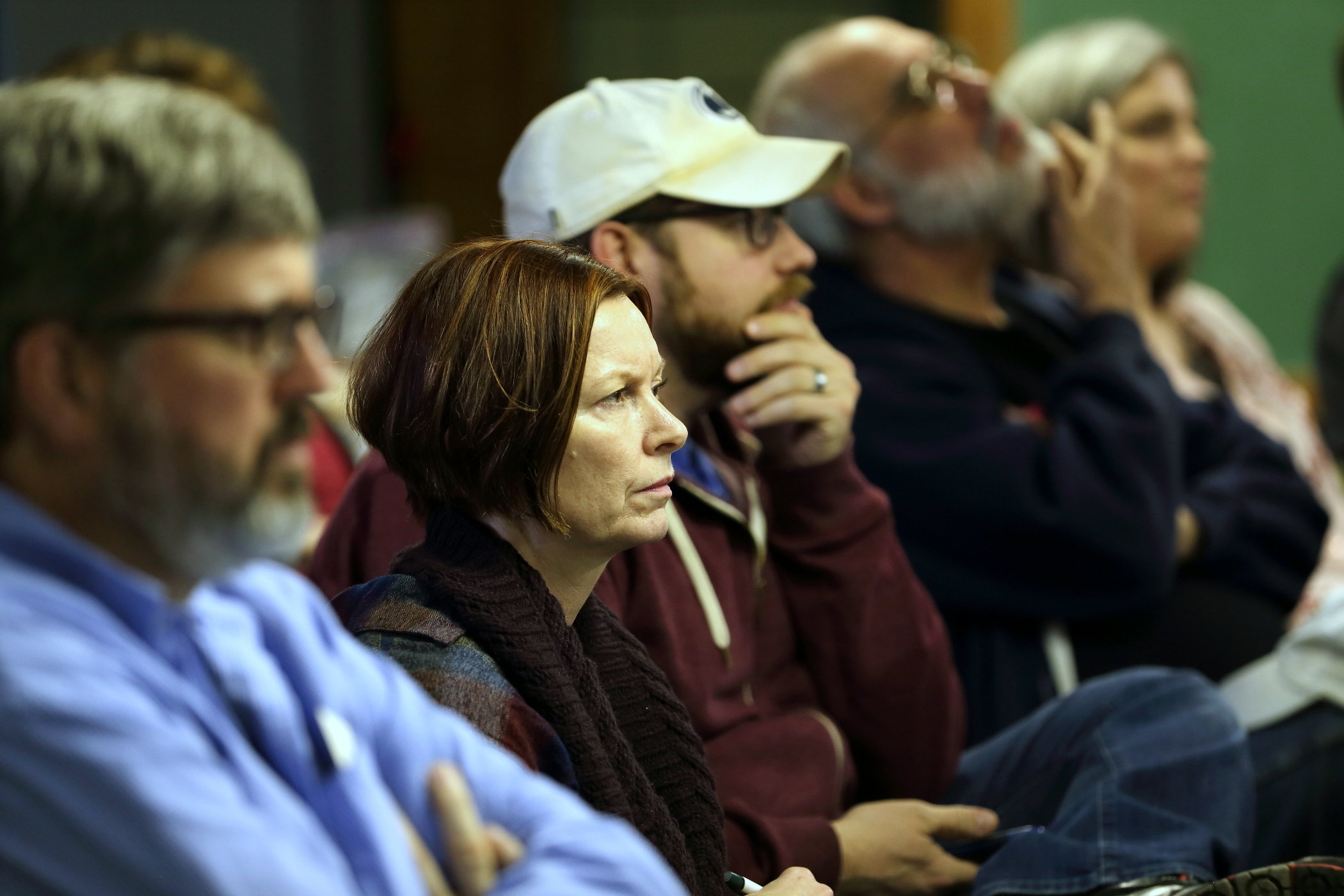
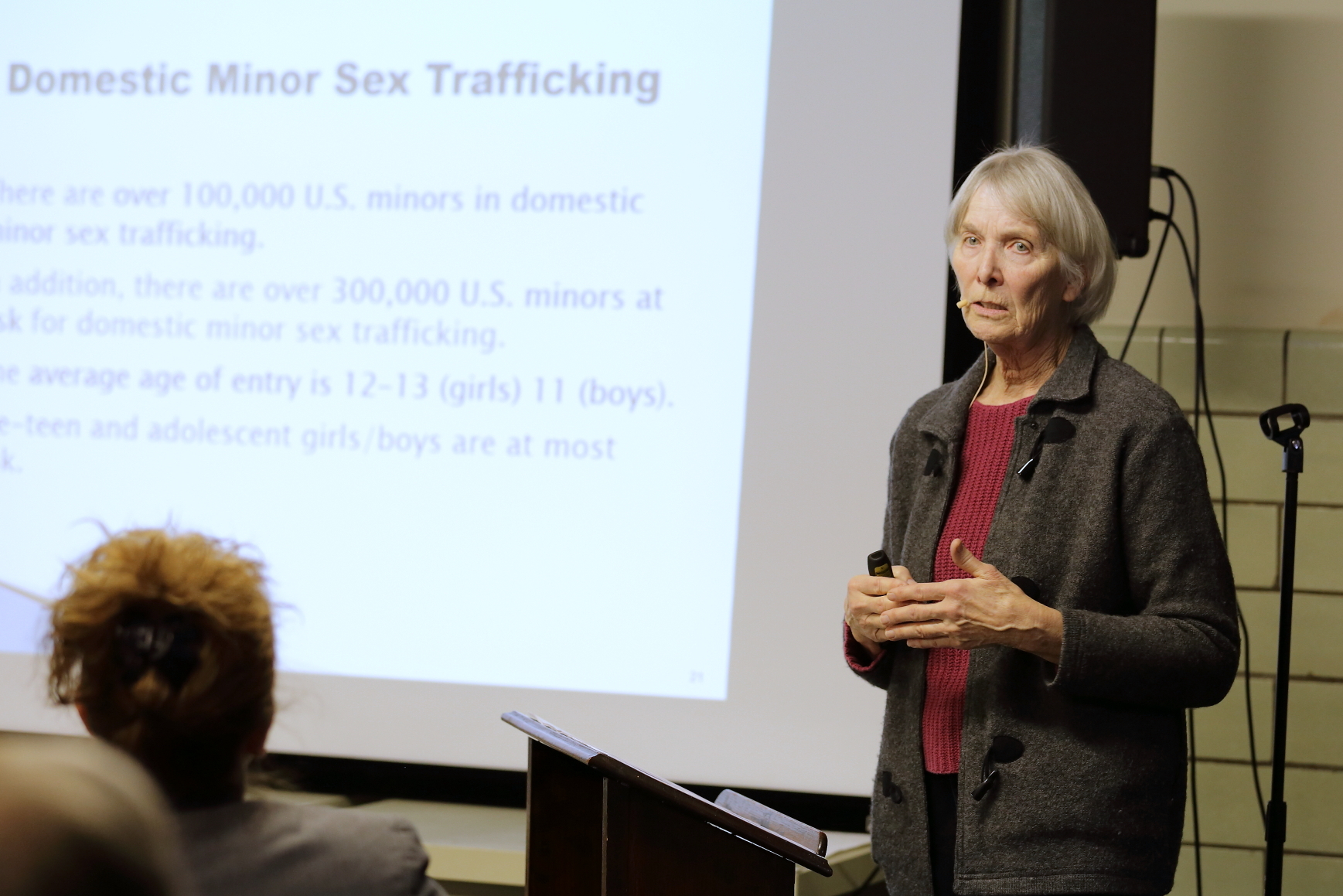
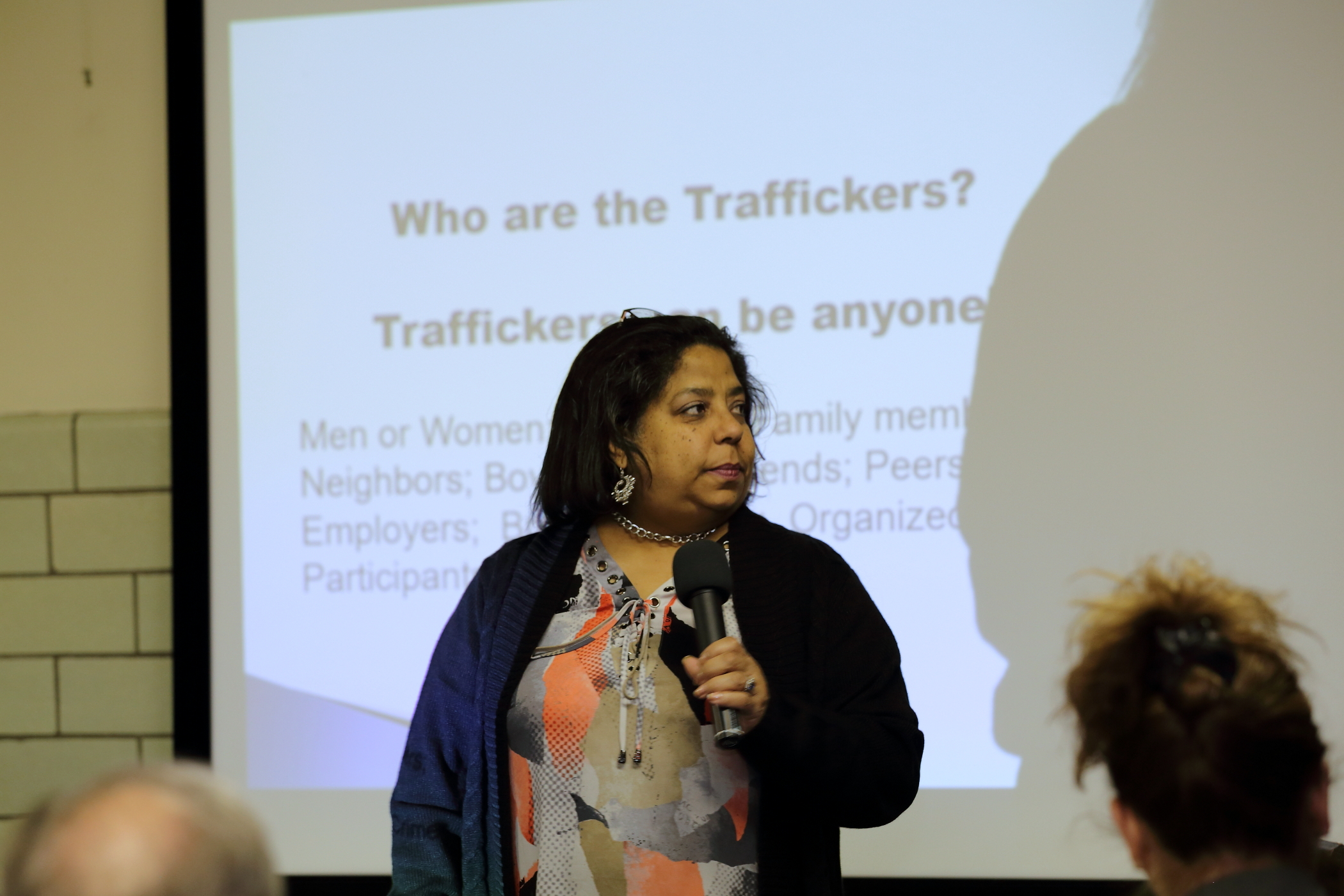
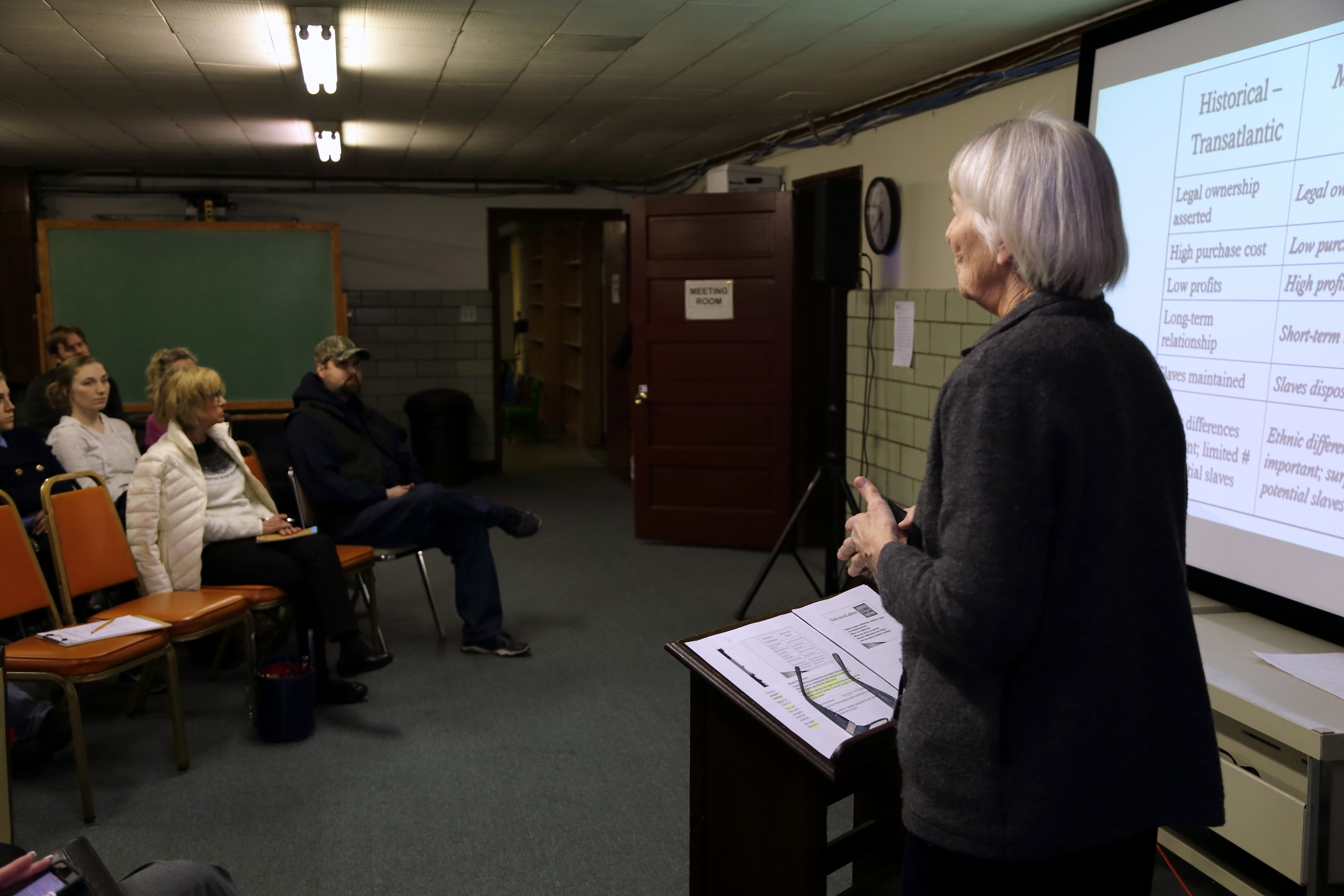
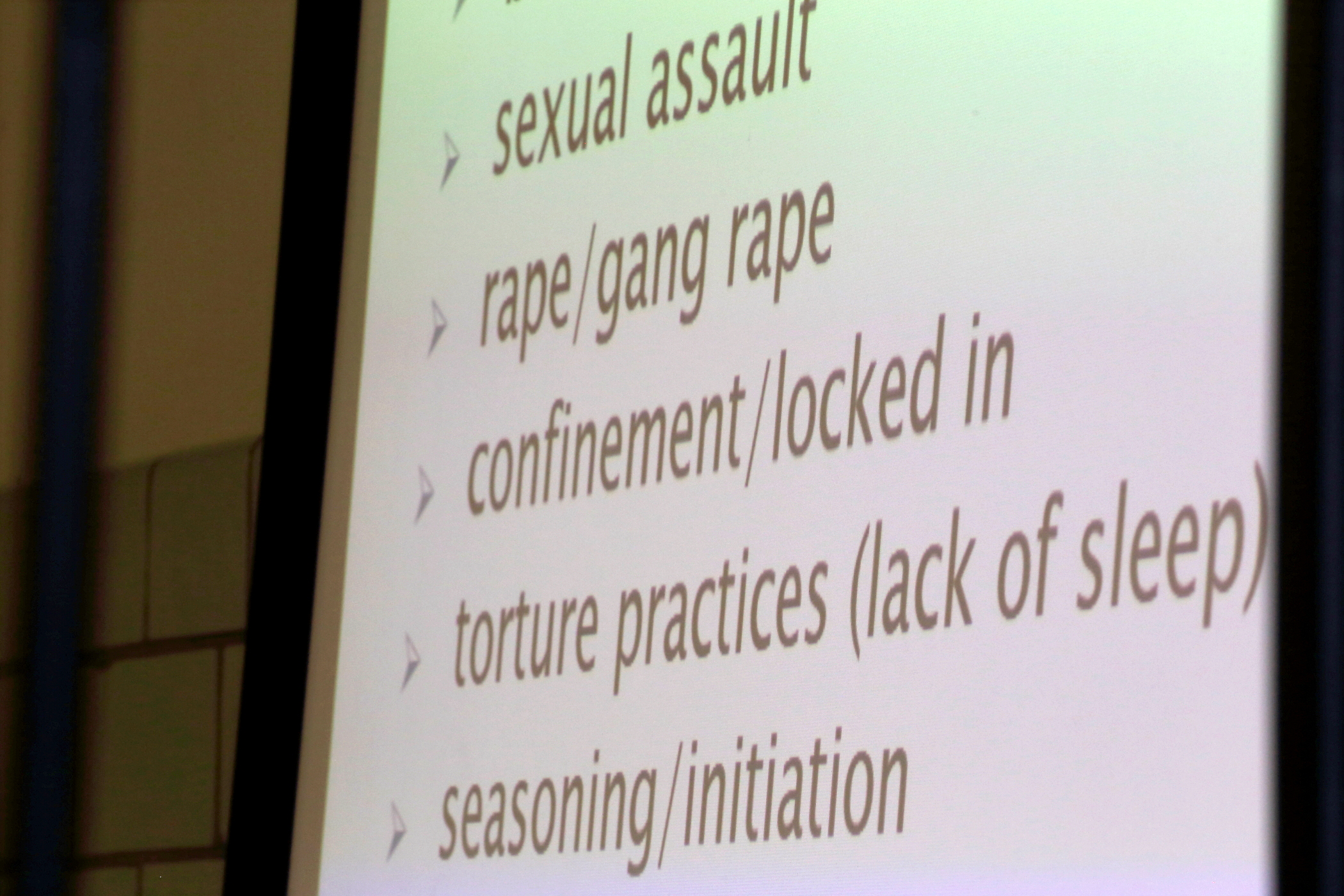
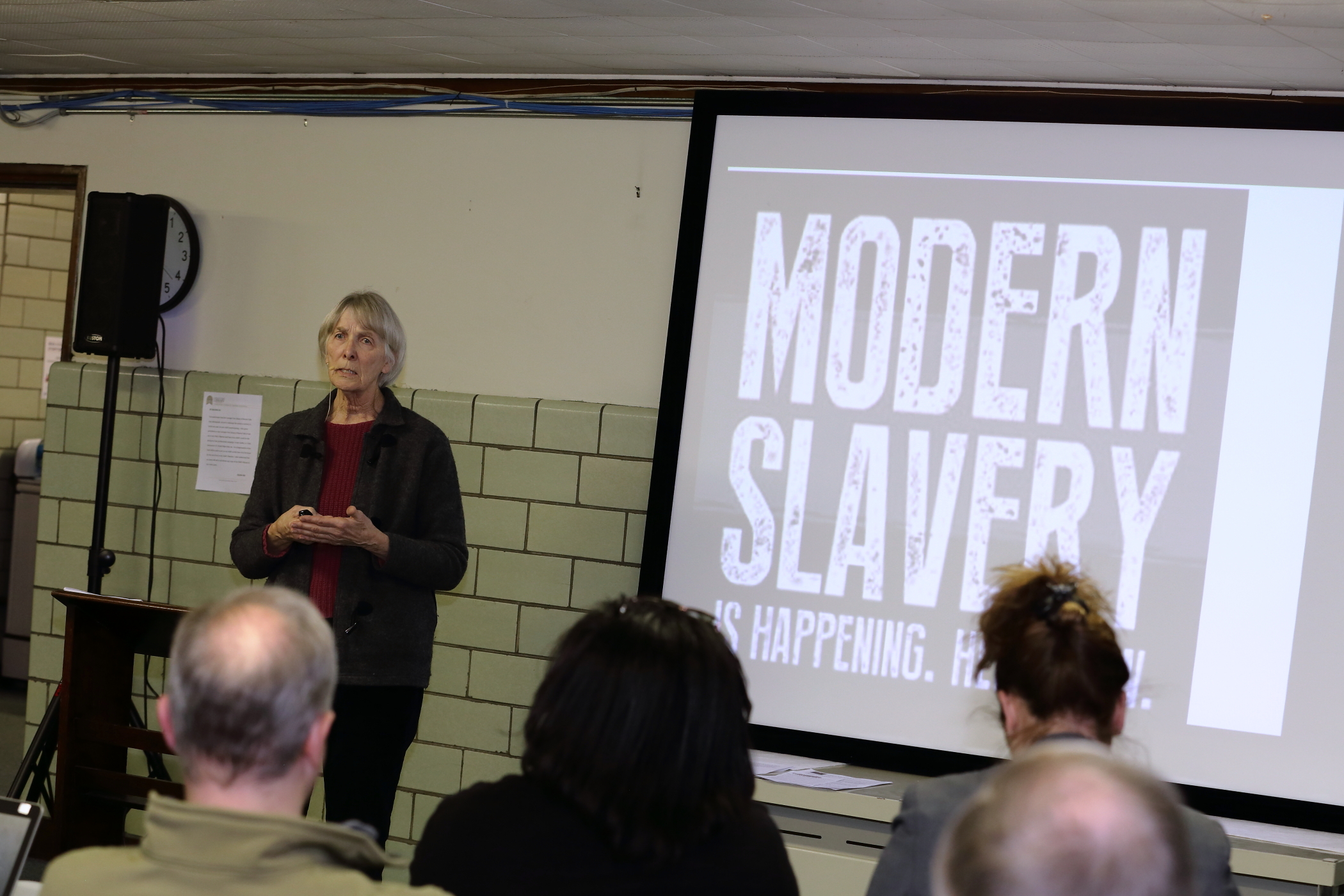
You must be logged in to post a comment.